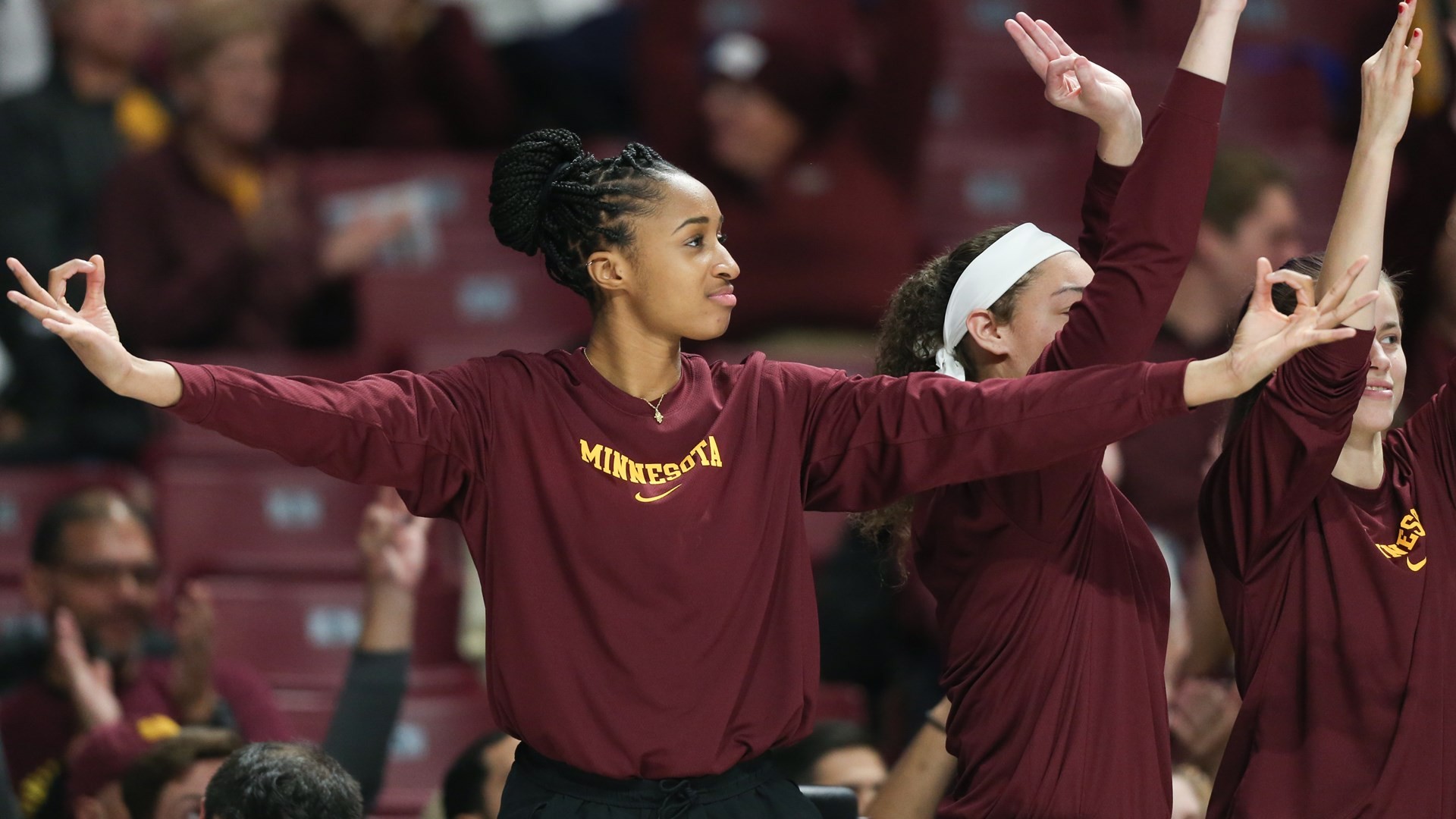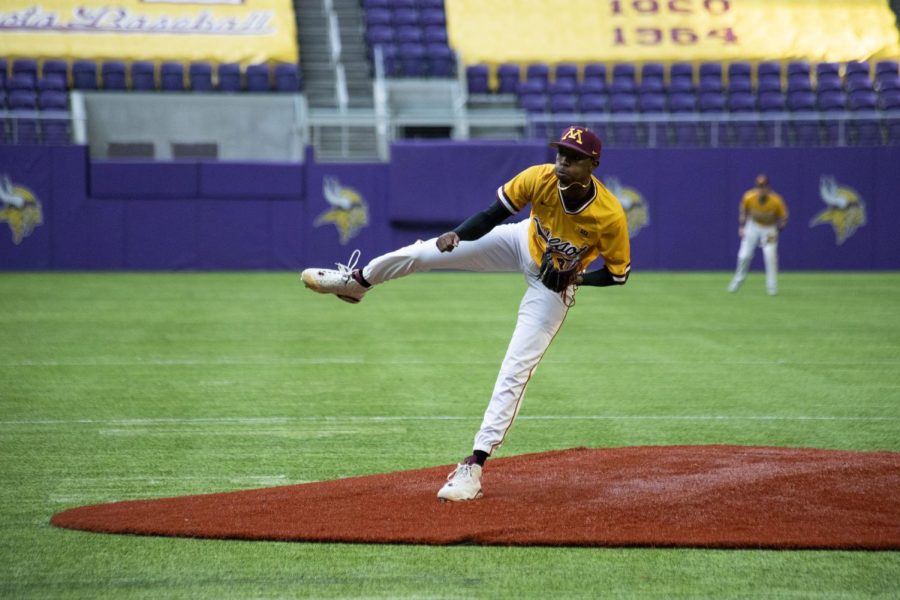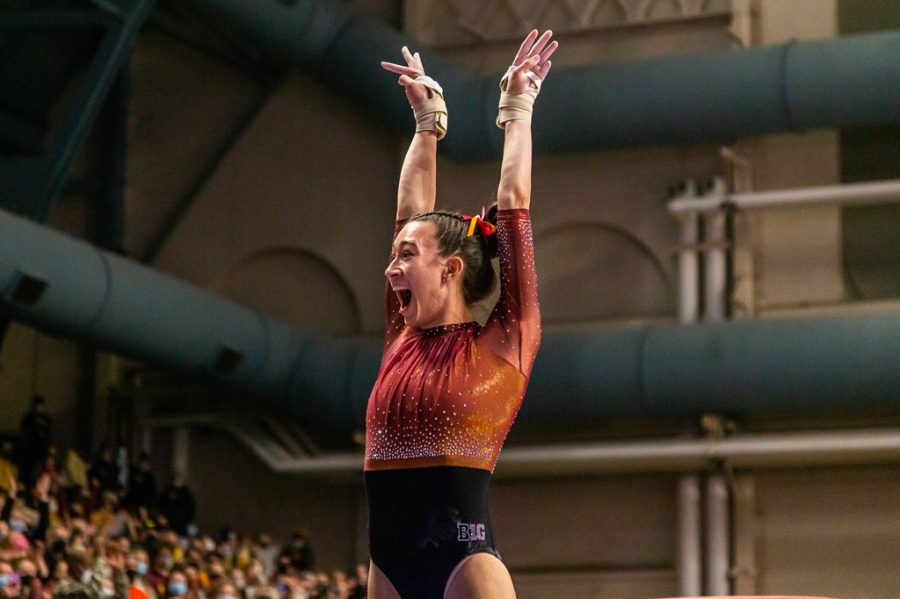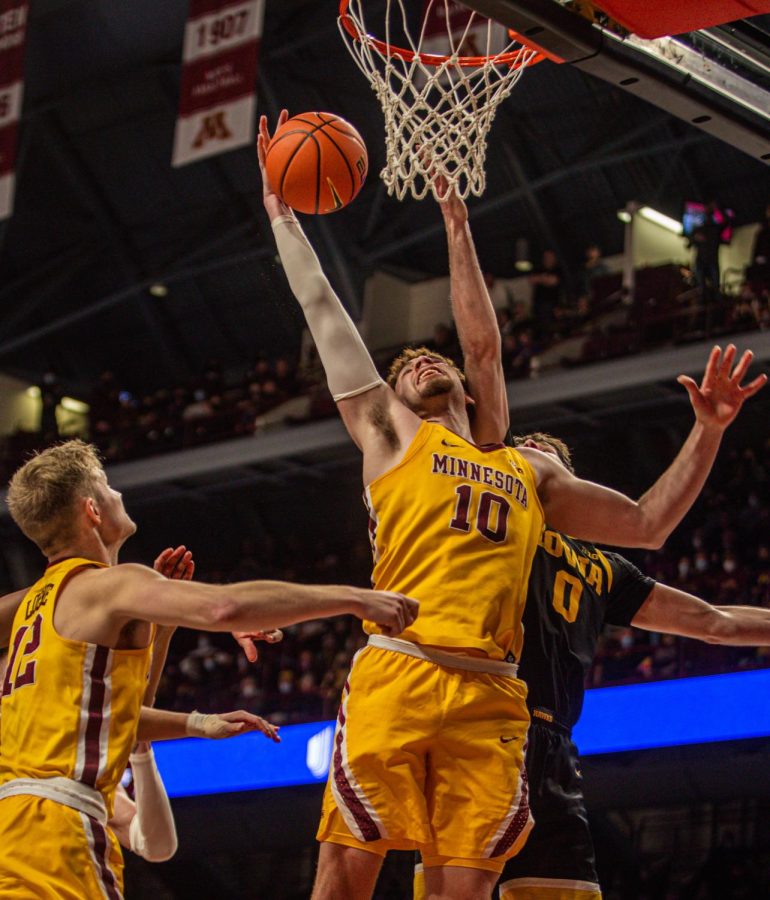After COVID-19 hardships, brewery owners in the University area are looking to change Minnesota’s liquor laws to expand how breweries can sell liquor.
Starting in early 2022, the House Commerce Finance Policy committee will determine which of 26 proposed liquor bills will be included in an omnibus package to go to a vote. One particularly controversial bill is HF 1192 – the “Drink Local” bill – which would allow brewers to sell liquor on-site in smaller containers.
Rep. Zack Stephenson, chair of the Commerce committee, is currently reviewing the proposals and talking to businesses that would be impacted. Stephenson said his top priority is helping small craft breweries.
“My focus is really going to be advancing the proposals that help the smallest of the small distributors,” Stephenson said.
Breweries struggle to make ends meet during pandemic
An University of Minnesota Extension study published in April found that COVID-19 caused an 18% drop in craft breweries’ economic activity, a large blow to an industry in “high-growth mode.”
Local breweries reported major layoffs at the start of the pandemic and some said they rehired only a handful of their original employees. According to the study, the brewing industry experienced about 10% job loss.
Pete Rifakes owns Town Hall Brewing in Cedar-Riverside along with three other brewpubs and a cocktail lounge that opened this year. He said without government support during the pandemic, his businesses likely would not have reopened.
Now, minimum wage increases and the nationwide labor shortage are a challenge as Rifakes struggles to hire.
“I think the biggest thing currently today is finding qualified people,” Rifakes said. “And that’s been very difficult.”
“Drink Local” supported by campus breweries
The Minnesota Craft Brewers Guild’s legislative committee is strategizing for their lobbying campaign for the bill, also called the “Drink Local Economic Recovery Act.”
Legislative committee chair Megan Park owns Unmapped Brewing Co. with her husband. Park said the committee is working to build a grassroots coalition of stakeholders to ask their legislators to support Drink Local.
The University study found that craft breweries generated about $1 billion in economic activity in 2019 and supported 8,345 jobs.
“There’s an economic impact breweries bring to the table … a lot of tourism dollars with tax dollars built into that,” Park said.
Breweries can only distribute their beer on-site if it is packaged in 64-ounce growlers or 750 milliliter bottles.
Brewers hope this will change with the possible passage of the bill which would allow them to sell product in containers up to 64 ounces and get rid of the limit on growler sales. Bars and restaurants could also sell take-out liquor.
Neil Miller, owner of HeadFlyer Brewing in Marcy-Holmes, said this would have positive impacts on both brewers and consumers.
“As a consumer myself, most of the time, I’m not purchasing growlers,” Miller said. “I’m purchasing a four-pack or a six-pack.”
Rifakes has been in the industry for almost 25 years and said while he supports fewer restrictions on breweries, he is no longer willing to advocate for them at the Capitol.
“Quite frankly, I’m sick of fighting that battle,” Rifakes said. “We’ve kind of carved out a little niche for ourselves, and we’re pretty happy.”
Liquor distributors and retailers oppose changes
Between 2012 and 2019, there was about a 370% increase in craft breweries in Minnesota.
The industry’s rapid growth is largely attributed to the passing of the “Surly bill” in 2011, which opened the door for breweries to be able to sell growlers on-site, with a limit of 20,000 barrels per year.
Omar Ansari, owner of Prospect Park’s Surly Brewing Company, lobbied heavily for these changes.
“That was really one big step to help get [Minnesota] laws a little more in line with the rest of the country,” Ansari said. “There are now brewery models that … sell most of their product right there at the brewery, and that wasn’t an option for us.”
Limits on breweries’ direct sales help outside distributors, like bars, restaurants and liquor stores as customers have to buy liquor from them.
The Minnesota Beer Wholesalers Association represents beer distributors who drive across the state to deliver products, said Vice President Brandt Erwin. He said if customers were able to buy all products straight from breweries their businesses would be harmed.
“We don’t want the legislature to be able to say they’re going to give additional exemptions that are going to benefit breweries and work to retailers’ detriment,” Erwin said.
Park said the goal of the Drink Local bill is to update outdated laws and help the craft brewing industry, but not to make breweries independent distributors.
“Our breweries in the state have really great partnerships and depend on these wholesalers and distributors to move their product, and we don’t want to destroy any of those relationships,” Park said.




















